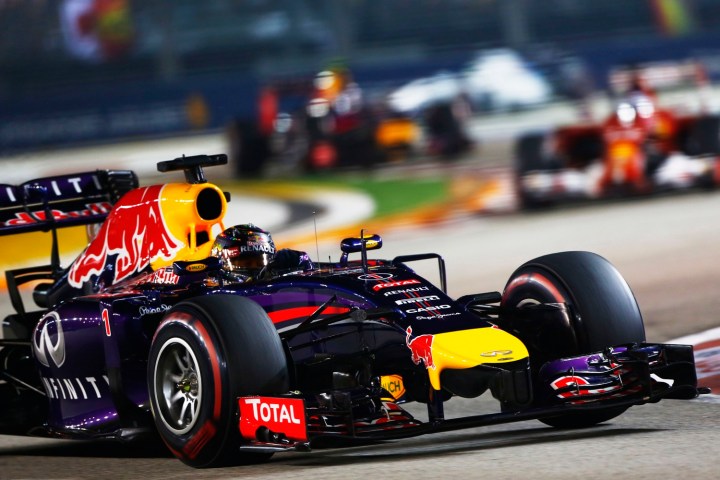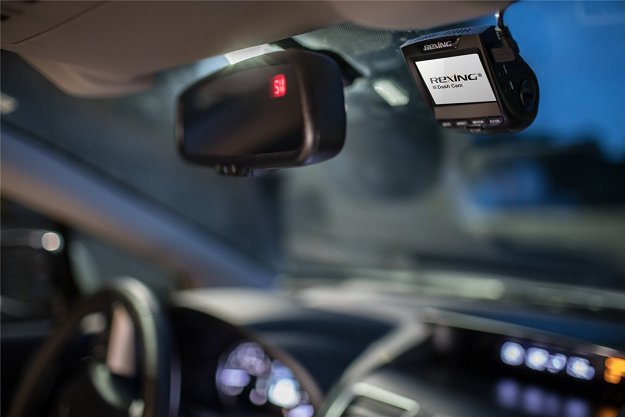
Volkswagen doesn’t have any involvement in F1, but that might have been about to change. The company was reportedly negotiating a deal to supply engines to former champion Red Bull Racing, but that deal has likely been derailed by the emissions scandal, according to Motorsport.com.
It’s not a secret that Red Bull is unhappy with its current Renault powertrains, which team principals blame for its current lack of success. Red Bull was previously rumored to be courting Volkswagen property Audi as an engine supplier, but Audi denied any plans to enter F1. While Volkswagen has no real F1 experience, Red Bull apparently thinks the company could be a valuable partner.
The alleged deal would have had Volkswagen enter F1 as a supplier of “power units” (as the combined gasoline and electric hybrid powertrains are called), and acquire Red Bull Racing from its namesake energy-drink company. Red Bull would then transition to a more traditional sponsorship role.
It’s unclear what would have happened to Red Bull Racing’s sister team, Toro Rosso, under this arrangement, or whether Volkswagen would use the team to promote itself or one of its many other brands.
That’s all immaterial now, because Red Bull team boss Christian Horner says the deal “seemed to go up in smoke” after the revelation that VW installed software on diesel cars that allowed them to cheat U.S. emissions tests. The deal may not be off, but given the scope of the scandal, it’s probably fair to say that F1 isn’t a high priority right now for the VW brass.
This makes sense for Volkswagen, but it must be quite frustrating for Red Bull, which is desperate to get back into contention. The team won four championships using Renault engines, but when the current hybrid units were introduced for the 2014 season, it began falling off pace. The Renault power unit hasn’t been able to match the performance or reliability of the dominant Mercedes-Benz and more-competitive Ferrari units.
Editors' Recommendations
- F1 driver in fireball crash is certain the car’s halo saved his life
- F1 has plans to race the world’s first net zero carbon engine in 2030


